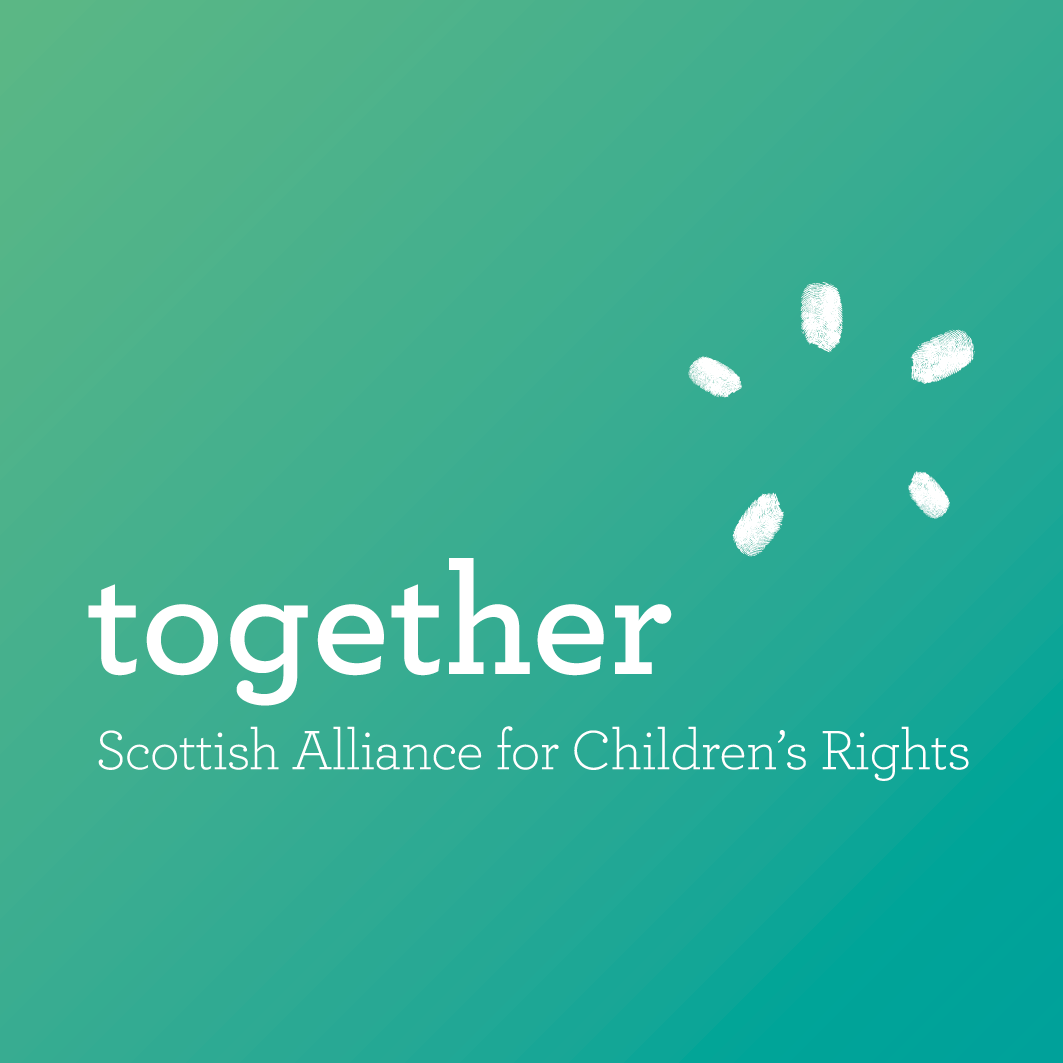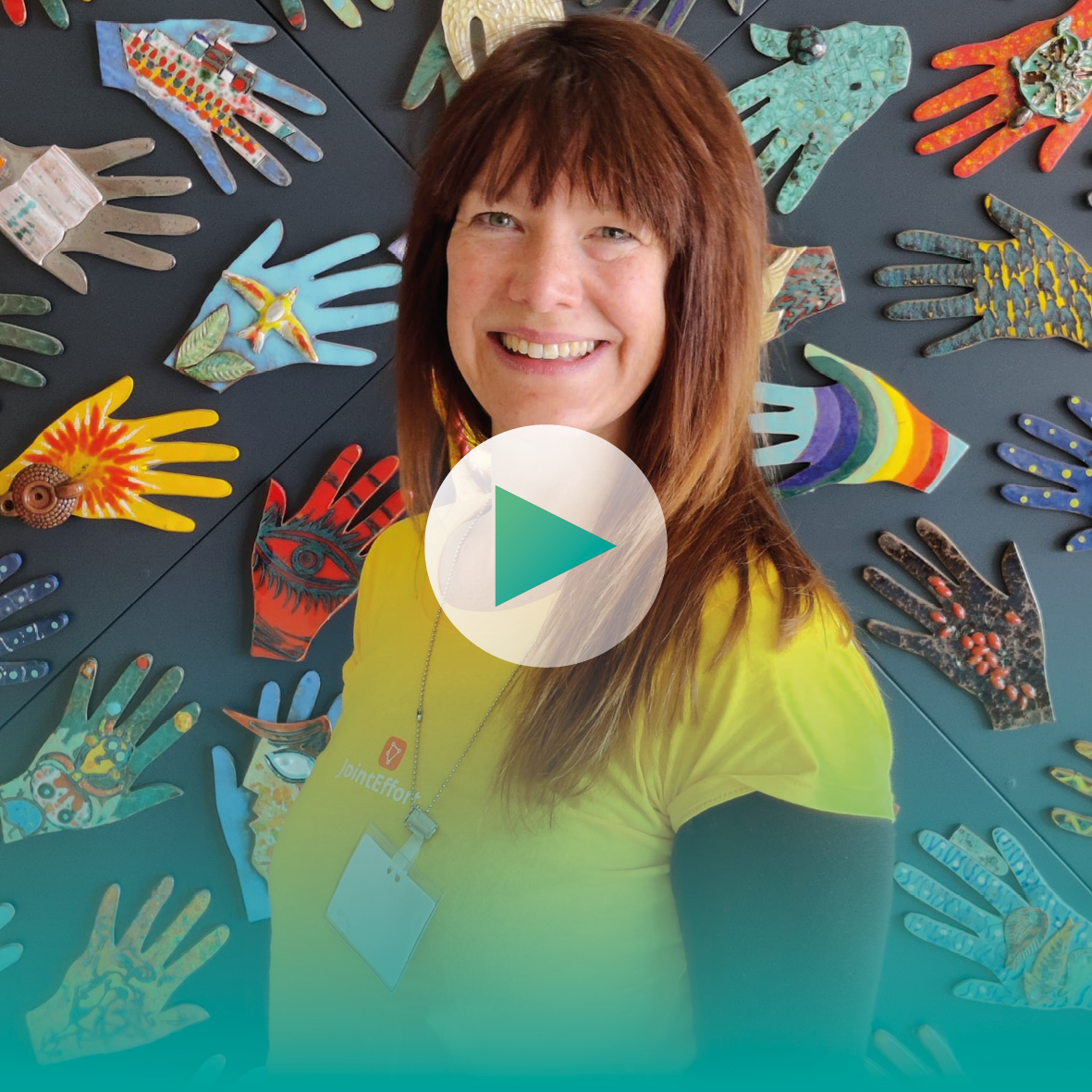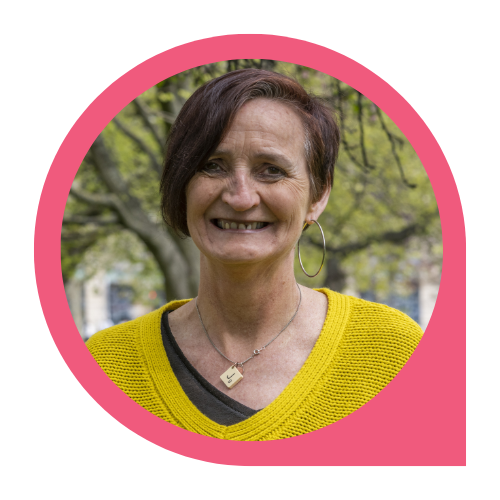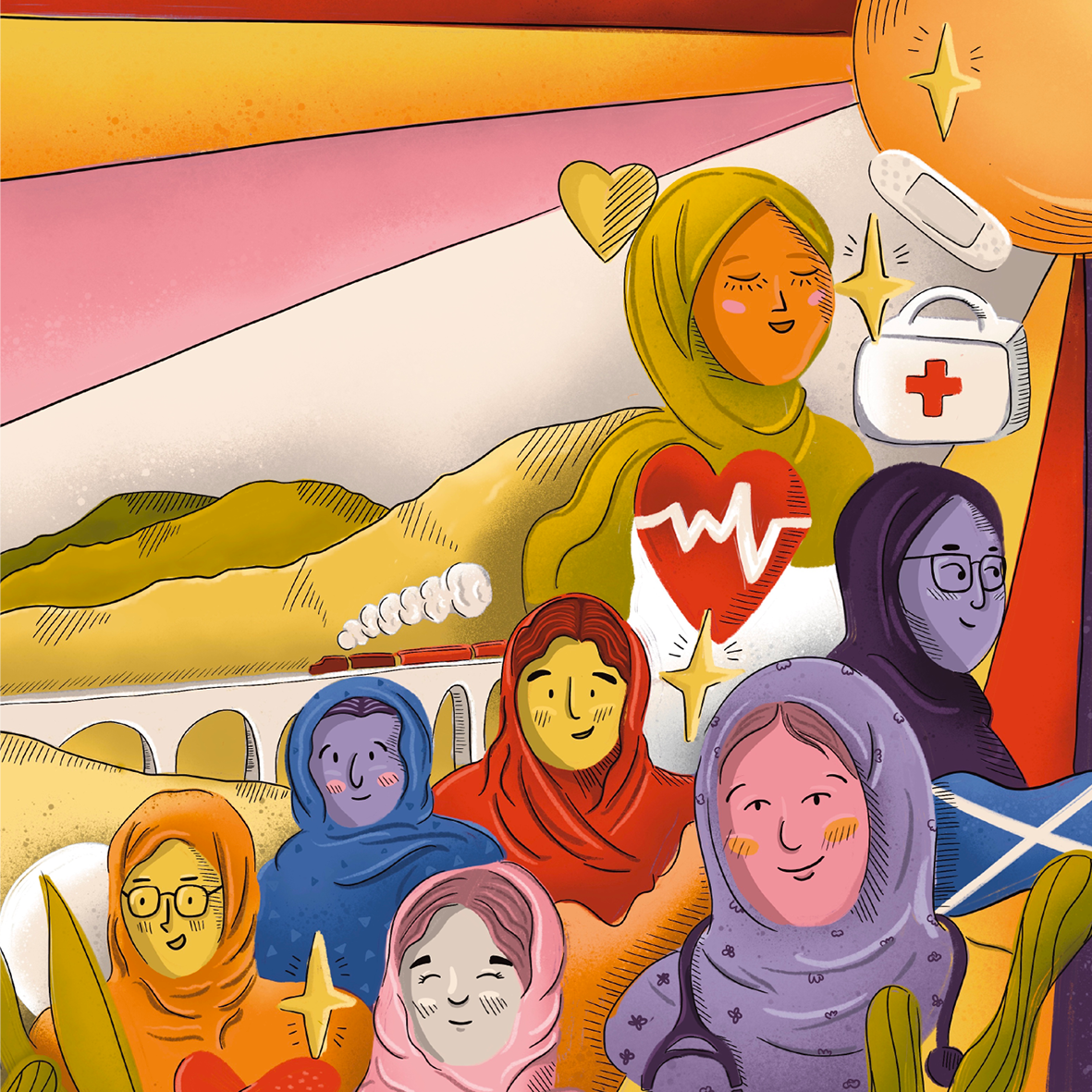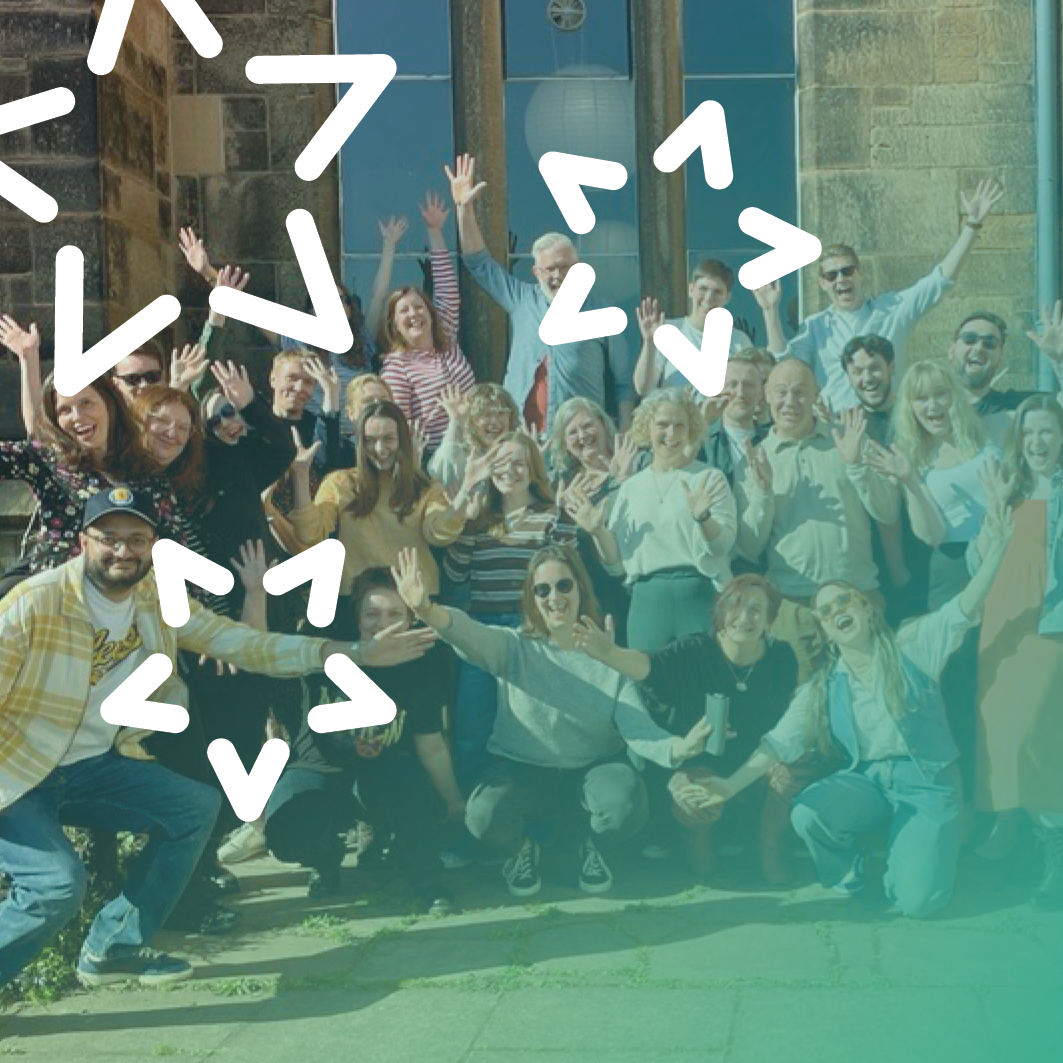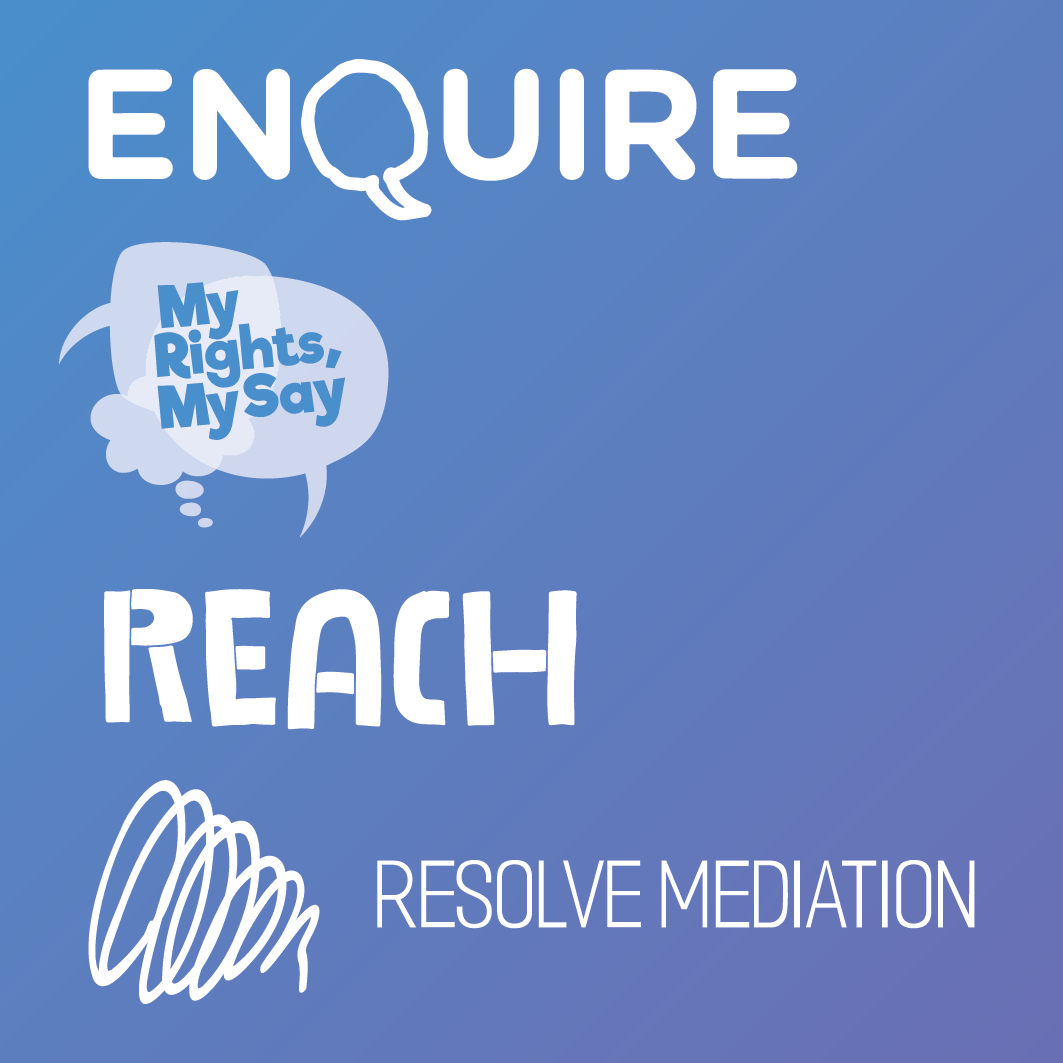Éadaoín Lynch is Research & Evaluation Manager and the first port of call for evaluation support in Scottish Book Trust. In partnership with SLIC, CILIPS and the NLS, they have been spearheading an independent research project into Scotland's public libraries for which final reporting launched in June 2025.
Public libraries in Scotland play a vital role in supporting children's development, as revealed by in-depth research conducted by Scottish Book Trust in partnership with the National Library of Scotland, CILIPS, and the Scottish Library and Information Council between 2023 and 2025.
This research, based on surveys of over 2,000 library users and more than 300 library professionals, highlights the significant impact of libraries on reading for pleasure, digital inclusion, learning opportunities, and active citizenship.
Reading for pleasure
“I have grown up in my local libraries, as will my young family. Local libraries do more than anything else to engender social conscience and collective responsibility, to say nothing of access to books, essential digital services and excellent information professionals dedicated to public service.” – Library user
Reading for pleasure isn't just about fun; it’s a powerhouse for development. It boosts literacy skills, improves pupil attainment, and increases self-esteem at a young age.
And public libraries are champions at fostering a love of reading for pleasure. They offer a child total freedom of choice – a pirate adventure, a fantastical dragon ride, a trip to outer space – in a free, safe space. Our research found the most popular activities in libraries across Scotland were Bookbug sessions, author visits, craft sessions and reading challenges, among both librarians and library users.
Digital inclusion
“In the past libraries were viewed as just a place to borrow books from, but it's so much more than that now.
“We allow for people to come in and check their emails, for children to come in and use the PCs that they may not have access to at home, to complete their homework […] We've even had people come in and do online exams, to come in and use the computers to learn English.” – Public librarian
The majority of responding librarians across Scotland reported that their local community faces digital poverty (66.49%). And, correspondingly, over 95% of responding librarians reported their library offers access to Wi-Fi (96.28%), to computers with internet (98.94%) and to photocopying/printing/scanning (95.74%).
Library users were overwhelmingly in agreement that their library provides a lifeline to them and their community – particularly to maintain digital access, provide a quiet space for study, get disadvantage people back on their feet, and for rural communities.
This access and support are vital for empowering children to engage with the digital world confidently and equitably, setting them up for success in school and beyond.
Learning opportunities
“The dyslexia accessible books for children encouraged my son to read. Without them, he'd have struggled far more to enjoy reading.” – Library user
Library users predominantly agreed that their library's learning opportunities are ‘very important’ (68.02% of responses). They help children develop critical thinking skills, information literacy, and a lifelong love of learning. Plus, they can be a fantastic resource for parents too, offering books and guidance on everything from child development to educational support.
Most library users agreed that the library supports their family’s learning and their own learning ‘a lot’ (67.29% and 63.12% respectively).
Libraries also help overcome barriers of poverty and the cost-of-living crisis, making learning accessible to all, with over 84% of library users reporting that their library saves them money ‘a lot.’
Active citizenship
“I have grown up in my local libraries, as will my young family. Local libraries do more than anything else to engender social conscience and collective responsibility, to say nothing of access to books, essential digital services and excellent information professionals dedicated to public service.” – Library user
Research findings showed that over 85% of librarians agreed their library provides equal and free access to accurate information, and that it reaches a diverse audience, whether across race, ethnicity, gender identity, sexuality, class, language, religion, disability, age or education. Both librarians and library users overwhelmingly agreed their library offers a safe space.
Lasting impact on children and families
“Children can't go into pubs or, often, even into cafes, and lots of people can't afford to keep buying coffees etc. Cafes tend to close about 3 or 4 so there is a dead spot in late afternoon, early evening where kids (and others!) have nowhere to go – libraries are vital!” – Library user
Libraries foster stronger family bonds through shared reading experiences and engaging events. They support parents and carers with valuable resources and a welcoming community network. Ultimately, libraries contribute to the overall well-being of children, supporting their academic achievement, social development, and emotional health. They are vital hubs that help to level the playing field and ensure all children in Scotland have the chance to thrive.
Keen to know more?
The full report can be explored on the Scottish Book Trust website. The second part of this research, focusing on school libraries, is expected to launch later in 2025.
